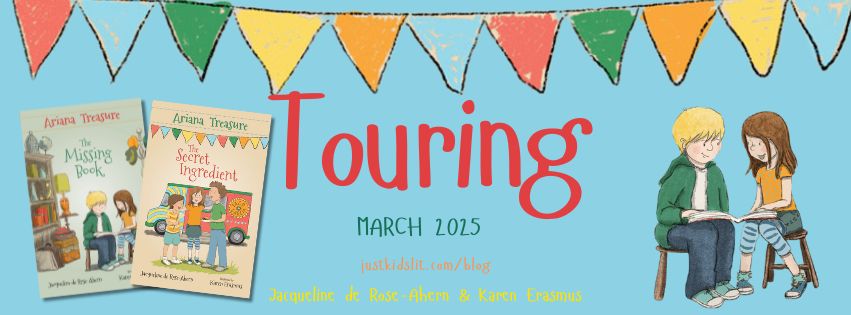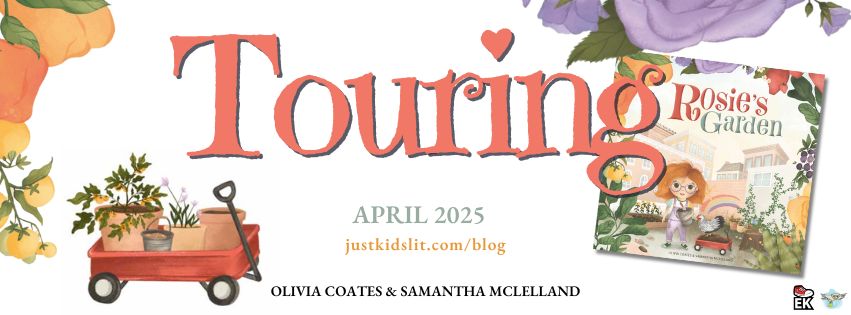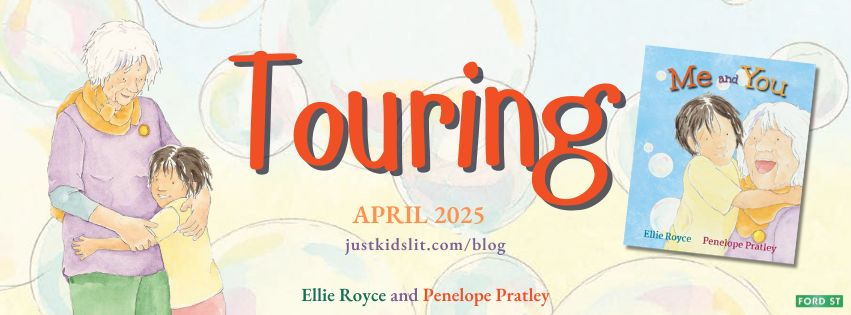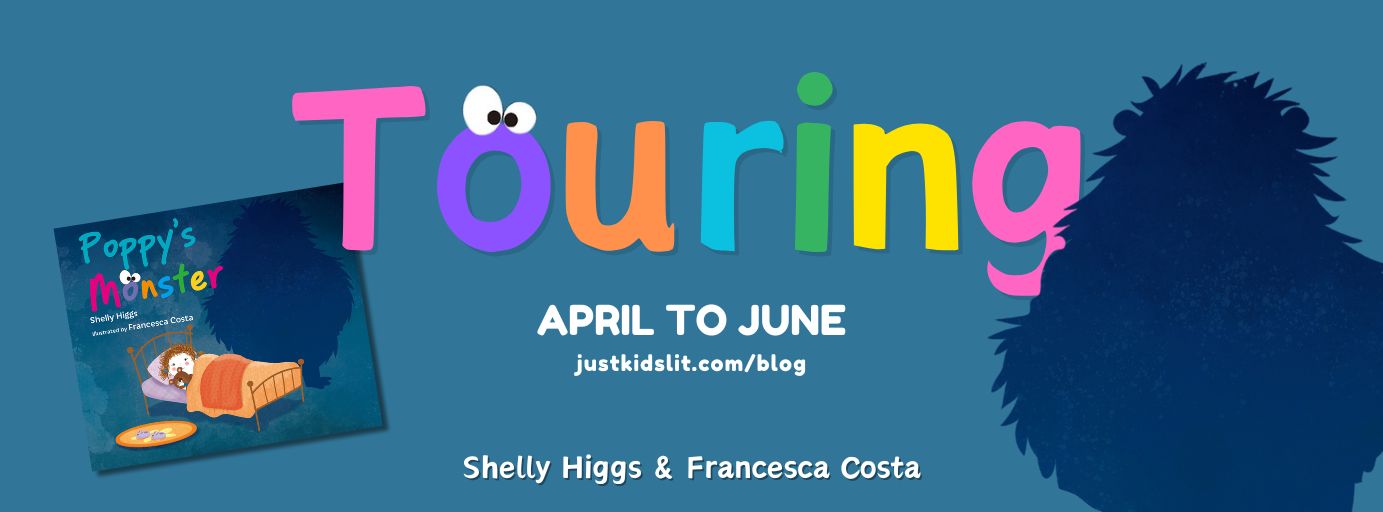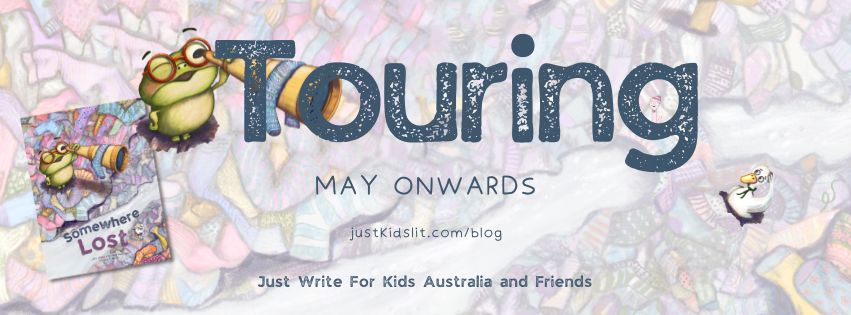Dear Sweet Pea, Julie Murphy, HarperCollins Publishers Inc, 2019
From the publisher: Patricia “Sweet Pea” DiMarco wasn’t sure what to expect when her parents announced they were getting a divorce. She never could have imagined that they would have the “brilliant” idea of living in nearly identical houses on the same street. In the one house between them lives their eccentric neighbour Miss Flora Mae, the famed local advice columnist behind “Miss Flora Mae I?”
Dividing her time between two homes is not easy. And it doesn’t help that at school, Sweet Pea is now sitting right next to her ex–best friend, Kiera, a daily reminder of the friendship that once was. Things might be unbearable if Sweet Pea didn’t have Oscar—her new best friend—and her fifteen-pound cat, Cheese.
Then one day Flora leaves for a trip and asks Sweet Pea to forward her the letters for the column. And Sweet Pea happens to recognize the handwriting on one of the envelopes.
What she decides to do with that letter sets off a chain of events that will forever change the lives of Sweet Pea DiMarco, her family, and many of the readers of “Miss Flora Mae I?”
When I was in grade four, I turned up to my first day back at school after the summer holidays to find that my best friend was not my best friend any more.
Her name was not Laura but, for ease of writing this, let’s just call her Laura.
Laura and I had been best friends since kinder. Her parents owned the local caravan park – a popular hangout spot in our tiny beach town (I know, it’s all very Home and Away). I was constantly gobsmacked that she chose me to be her friend – she was, after all, achingly eighties cool, with her glitter-gelled hair and tulle ra-ra skirts. I, on the other hand, was a bookish dweeb who wasn’t even allowed to watch Home and Away. I begged my parents every weekend to let me go over to the caravan park, to swim in their pool and play video games in the park arcade. I felt somehow anointed and deeply privileged that I was the one kid from school who was allowed to play the games for free.
And Laura was not just cool and in possession of an enviable home. She was also incredibly funny, goofy, confident and kind. I adored every moment of being in her orbit.
Then, on that first day of grade four, it all came crashing down. Or … “crashing” is the wrong word. It was less of a “crash” and more of a “pathetic whimper”.
There was no huge argument; no screaming match in the middle of the netball court.
When I walked into the classroom, Laura calmly informed me that she wouldn’t be sitting with me this year. She would be sitting with “Mandy”, “Jane” and “Kylie” (not their real names either).
Mandy, Jane and Kylie were actual cool kids. So cool, they had their own gang name. Their gang name was … The Gang. They were tough and fierce and wore Mambo and watched Beverly Hills, 90210 as well as Home and Away.
I had no chance.
My heart was utterly broken.
Laura never sat with me again and, when we had to sing, You’ve Got a Friend, in music class, she and the rest of The Gang sang, “except for Kate” under their breaths.
My heart broke again.
The sorrow and indignity of these days has stayed with me, thirty years on. And so, I identified intensely with Sweet Pea di Marco, the protagonist of Julie Murphy’s middle grade debut, as she suffers the shame and mortification of being the only kid in her middle school class not invited to her former best friend’s party.
However, despite this unfortunate event serving as the opener for this utterly charming new novel, Sweet Pea is not a kid to be pitied.
In any other story, a child who begins the narrative with divorcing parents, a frenemy and a hideously embarrassing incident involving a bouncy play centre and vomit, would necessarily be an object of the reader’s sympathy. Not Sweet Pea. Sweet Pea is the sort of kid who meets the world head-on; who sees a problem and solves it (even if it involves vomit); who moves through the world with an unwavering sense of self and her own worth. She loves herself, completely, and – even when she’s making odd decisions – walks to the beat of her own drum with pride.
She is so sure of her own wisdom and capacity to solve problems that, when her elderly advice columnist neighbour goes on holiday and tasks her with collecting her mail, Sweet Pea does more than just collect it … she takes over the agony aunt position herself.
Chaos, hilarity and some deep life lessons ensue, of course. But Dear Sweet Pea somehow manages to pull itself back from veering into territory either farcical or mawkish, and it’s never patronising or didactic. Sweet Pea learns lessons, sure, but her sense of self is never threatened. She betters herself but never doubts herself. And the silly fun only adds to the delightful tone of this book.
There are some real, raw, heart-breaking issues examined in the book – homophobia and fatphobia and isolation and issues of race and class – but it is done with such a deft, light touch that you feel as if you’re being educated but never preached to. And it never feels like the narrative is muted in service to the “messages”.
I loved this book, with my whole entire heart. I loved Sweet Pea with my whole heart. I wanted to hug her. I wanted to be her friend.
I wished that primary school me had even half of her confidence, wisdom and heart.
I can’t go back to that grade four classroom, but I am going to try and take a little piece of Sweet Pea out with me into the world. She teaches everyone to hold their head high and believe in themselves, no matter what life throws at them.
She teaches everyone to be their own best friend.






